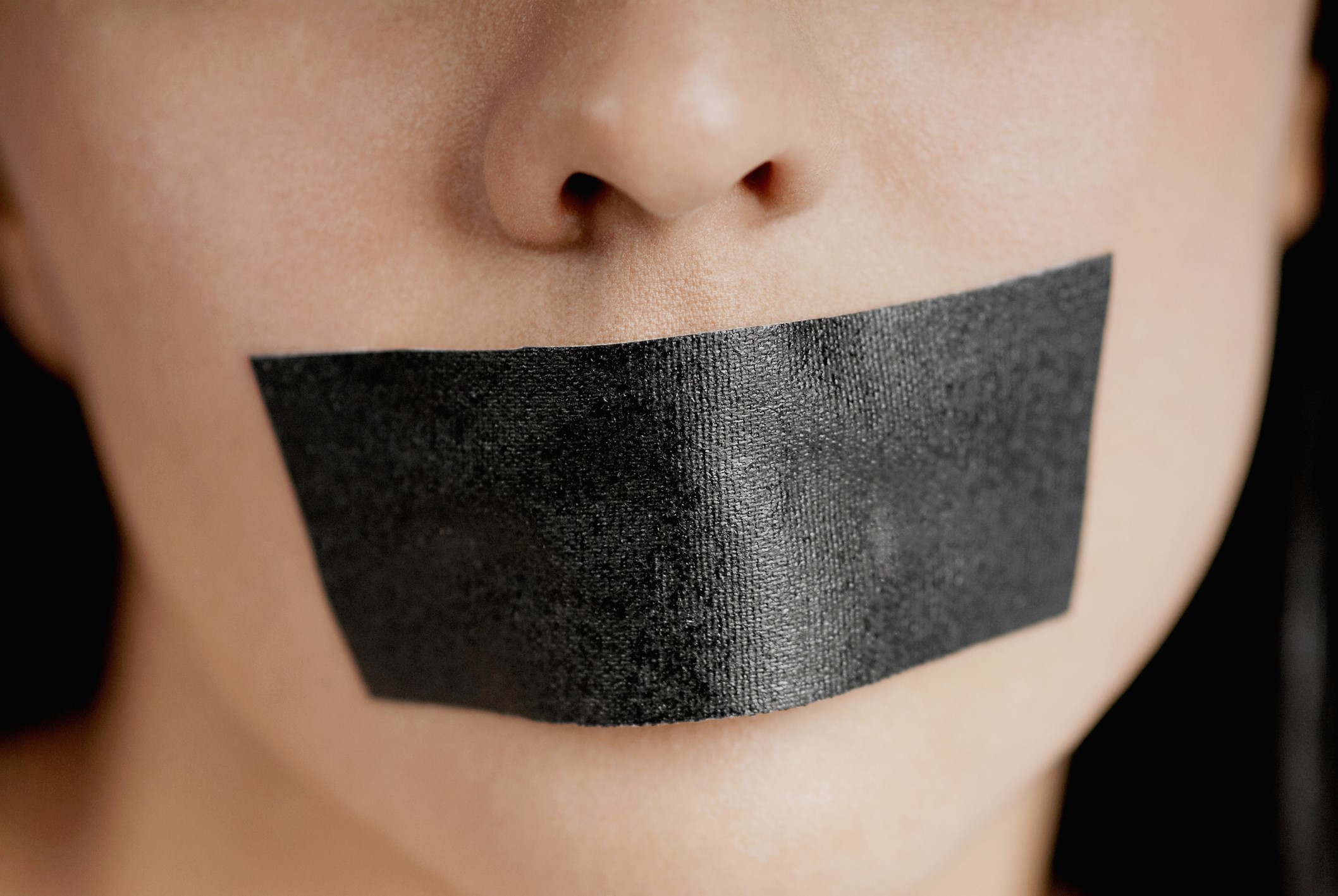
It is uncommon to get a unanimous choice out of the Supreme Courtroom today. However on the subject of secrets and techniques, the Supreme Courtroom appears good at retaining them. For now.
On March 4, the Courtroom cleared the best way for the FBI to argue in a category motion introduced by a gaggle of American Muslims that their case should be dismissed due to nationwide safety pursuits. The plaintiffs within the FBI v. Fazaga case declare that they had been illegally focused for digital surveillance due to their faith
The Details of Fazaga v. FBI
Fazaga stems from a 2006 FBI undercover operation. The FBI despatched an informant posing as a convert to Islam to infiltrate a southern California Mosque. The operation fell aside when members of the Mosque grew suspicious of the informant’s fixation on terrorism and contacted the FBI.
Once they realized concerning the surveillance operation, three members of the Mosque sued the FBI. Though they claimed that they may show their case primarily based on obtainable proof, the FBI argued that it couldn’t defend itself with out damaging nationwide safety. The FBI requested that all the case be dismissed below the state secrets and techniques privilege.
The State Secrets and techniques Privilege Beneath Reynolds
The “fashionable” interpretation of the privilege comes from the 1953 case, United States v. Reynolds. In Reynolds, widows of civilians who died in a army crash sued the federal government. They demanded that the federal government flip over its accident report. The federal government refused, claiming that the report contained secret details about new army gear. The Supreme Courtroom dominated that the state secrets and techniques privilege utilized and denied the widows entry to the report.
(As an apart, it seems the army lied. When it was declassified in 2004, the report contained no details about secret army gear. However it did include proof that the army’s screwup resulted within the deaths of the civilians)
The FBI went additional in Fazaga. It did not ask simply to cover a selected report. It requested the courtroom to dismiss all the class motion. And the district courtroom agreed.
FISA’s Influence on the State Secrets and techniques Privilege
However the appellate courtroom reversed primarily based on a 1978 statute, the Overseas Intelligence Surveillance Act (FISA). FISA creates procedures that the federal government is meant to observe when it needs to conduct international intelligence surveillance, in addition to requirements for courts to make use of when evaluating what’s found. The appellate courtroom dominated that in setting out these requirements, Congress meant to displace (legal professionals would say “preempt”) the treatment of dismissal on state secret grounds.
Unanimous Fazaga Courtroom
The Supreme Courtroom unanimously rejected this broad interpretation of FISA. In an opinion written by Affiliate Justice Samuel Alito, the courtroom dominated that the procedures set out in FISA don’t prohibit the dismissal of a case, even when the FBI obtained proof illegally. As a substitute, the main focus below the privilege is on the influence of the disclosure of the proof on nationwide safety. Nothing in FISA, the courtroom discovered, prevents a courtroom from dismissing a case if the federal government is ready to present that continuing with it compromises nationwide safety.
The possible cause why the Fazaga choice is unanimous is as a result of it’s so slim. The courtroom did not rule that the proof was illegally obtained. Nor did it decide that the case was correctly dismissed. Slightly, it dominated solely that the statute did not substitute dismissal as a treatment for the federal government below the state secrets and techniques privilege.
Again to Sq. One within the Decrease Courts
The result’s that the events return to the decrease courtroom and primarily begin the case over. What shouldn’t be misplaced is the sensible influence on the events. The FBI performed the challenged surveillance in 2006. That was greater than 15 years in the past. We are going to see if the plaintiffs have the endurance and the sources to proceed the struggle.